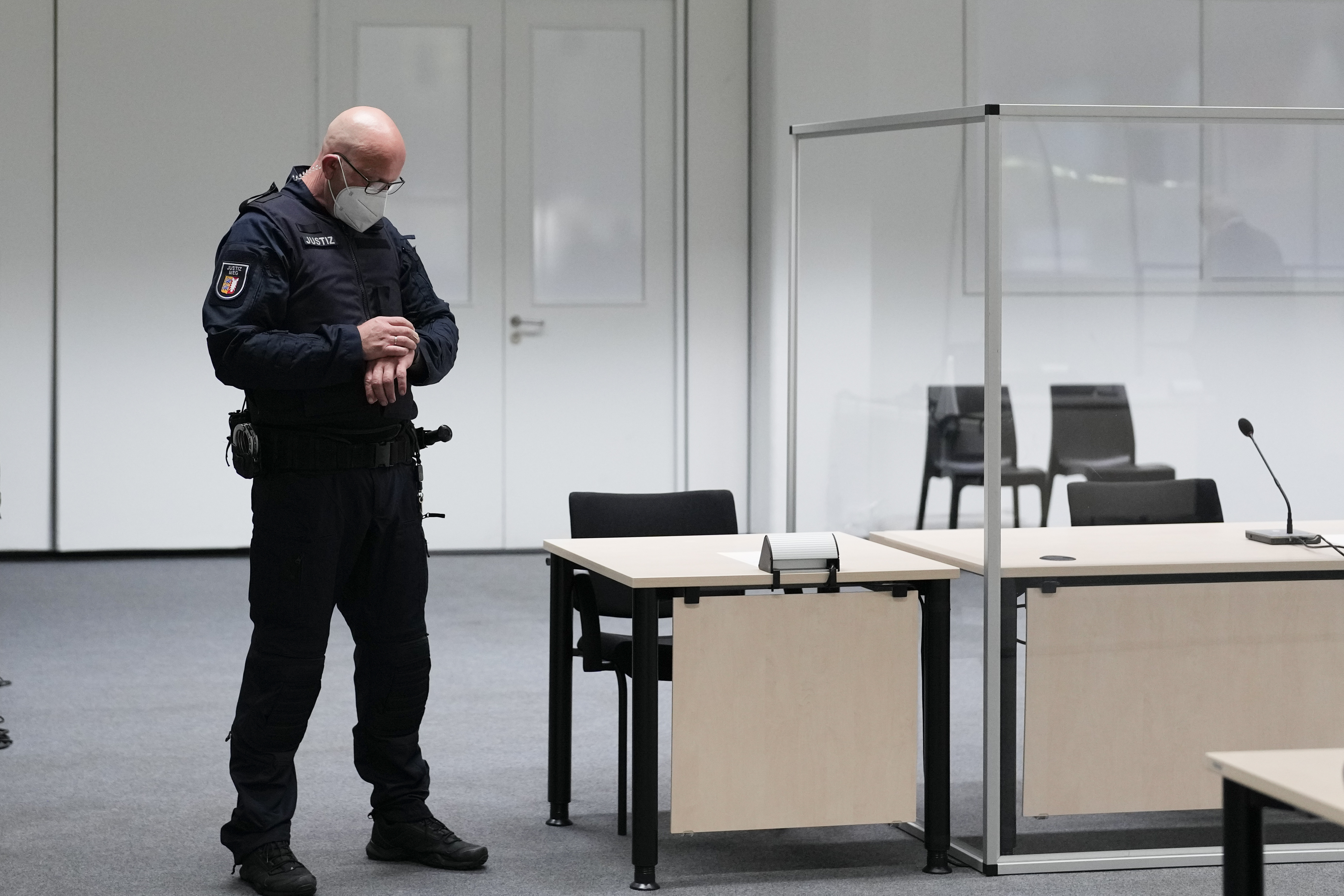On Thursday, German police arrested 96-year-old Irmgard Furchner after she fled in a taxi prior to her scheduled trial on charges of being an accessory in the deaths of 11,412 people at the Stutthof concentration camp in Poland.
Furchner, who was 18 when she started work at the camp in 1943, was indicted in February after a five-year investigation into her work as a secretary to the camp’s commander, Paul-Werner Hoppe, the New York Times reports.
While it is unclear as to Furchner’s ultimate destination, the Itzehoe District Court spokeswoman Frederike Milhoffer told The Associated Press that the 96-year-old took a taxi from her assisted living home outside Hamburg and instead of heading to her trial, went on the run at a nearby train station.
Given the accused’s age she had not been expected to “actively to evade the trial,” Milhoffer added.
Deemed physically fit to stand trial, Furchner had requested for trial in absentia, which is not allowed under German law and was promptly denied by the presiding judge.
Her trial marks an effort by German prosecutors over the past two decades to indict lower-ranking Nazis. The 2011 sentencing of John Demjanjuk, a former Ukrainian POW turned Nazi collaborator, then set a legal precedent allowing for “suspects to be tried as accessories to the Nazi killing machine even if they didn’t commit individual murders,” CBS News reports.
There has been a surge in Germany in recent years to prosecute those remaining few, with Furchner’s case possibly being one of Germany’s last.
The case against Furchner —who will be tried in juvenile court because she was under 21 at the time of the alleged crimes — centers around whether she was actively aware of the atrocities being committed at Stutthof.
“My client worked in the midst of SS men who were experienced in violence—however, does that mean she shared their state of knowledge? That is not necessarily obvious,” Furchner’s lawyer, Wolf Molkentin, said.
The 96-year-old is the second defendant in recent years to be charged in relation to crimes that occurred at Stuffhof. In July 2020, Bruno Dey, a Nazi SS guard at Stutthof, was convicted on 5,230 counts of accessory to murder and handed a two-year suspended prison sentence.
By 1945, according to the United States Holocaust Memorial and Museum, the Nazis murderous apparatus at Stutthof had killed an estimated 60,000 people. Due to unsanitary conditions, many prisoners died in typhus epidemics, while others were murdered by lethal injection of gasoline or phenol injected directly into their hearts, shot or starved to death, put to death in gas chambers, or killed by exposure due to inadequate or no clothing in wintertime.
Furchner’s next scheduled court date is October 19, with Efraim Zuroff, the head Nazi hunter at the Simon Wiesenthal Center’s office in Jerusalem, telling The Associated Press that “if she is healthy enough to flee, she is healthy enough to be incarcerated.





